
As a tense ceasefire between nuclear-armed neighbors Pakistan and India holds after weeks of hostilities, residents of the Pakistani capital are expressing both relief and resilience, grateful that escalation was avoided, yet proud of their country's measured military response.
Furqan Aslam, who runs a tea stall in Islamabad's F-7 sector, described the truce as "an unexpected but much-needed development."
"We feared this could spiral into something much worse," he said, referring to recent missile strikes and drone incursions. "People were angry at first, but once Pakistan responded last night (Friday night), there was a sense of pride, and also fear of where things could have gone."
A similar mix of pride, concern, and pragmatism echoed among students and professionals alike.
Mohammad Hashim, a computer science student at Bahria University, praised the armed forces for "sending a strong message" and highlighted the effectiveness of Pakistan's new arsenal.
Arbaaz Hussain, another student, emphasized the importance of peace but said Pakistan's military performance reassured many.
"War brings nothing but destruction," he said. "But it was decisive."
Abdul Ahad, an International Relations student at Quaid-e-Azam University, called the conflict "avoidable" and criticized India for "risking the lives of over a billion people in the region."
"This issue should have been resolved at the table, not in the skies," he said.
Ambreen Shabbir, a public policy researcher, described the ceasefire as "a relief," but cautioned against complacency.
"India's pattern of provocation leaves little room for trust," she said. "Our response was measured yet firm, enough to remind the world of our deterrence without escalating further."
At a grocery store in Islamabad's G-8 sector, 24-year-old Abdul Rafay saw the recent flare-up as a test not only for the military but also for the Pakistani public.
"This wasn't just about the armed forces. The people, especially the youth, stayed calm and confident in the face of danger," he said.
"It shows we're not afraid, but we also don't want war."
Despite widespread support for Pakistan's defense posture, most voices emphasized that peace, not conflict, remains the ultimate goal.
"War has never solved anything," Rafay said. "Dialogue, diplomacy, and mutual respect must lead the way forward."
-XINHUA




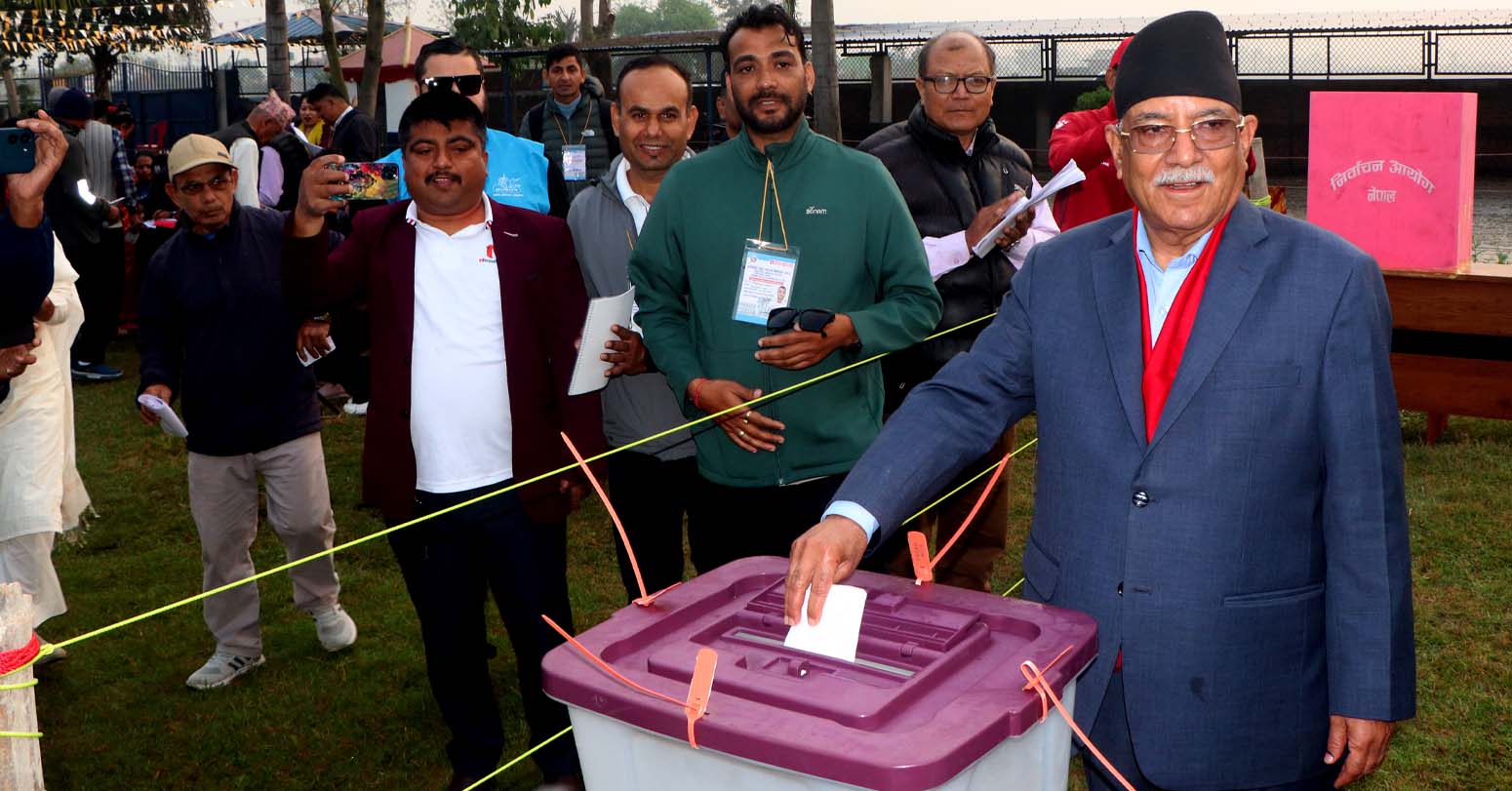

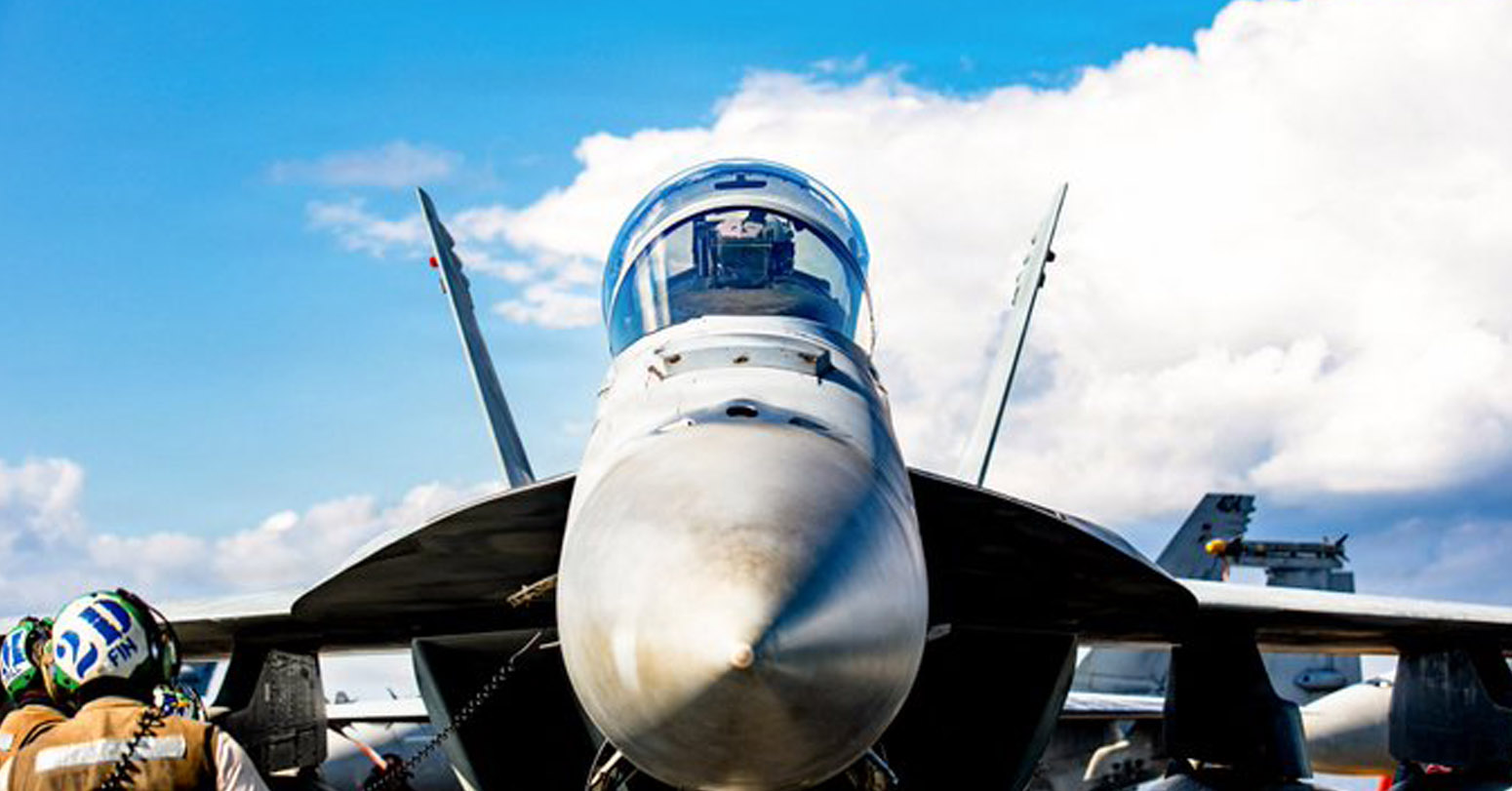


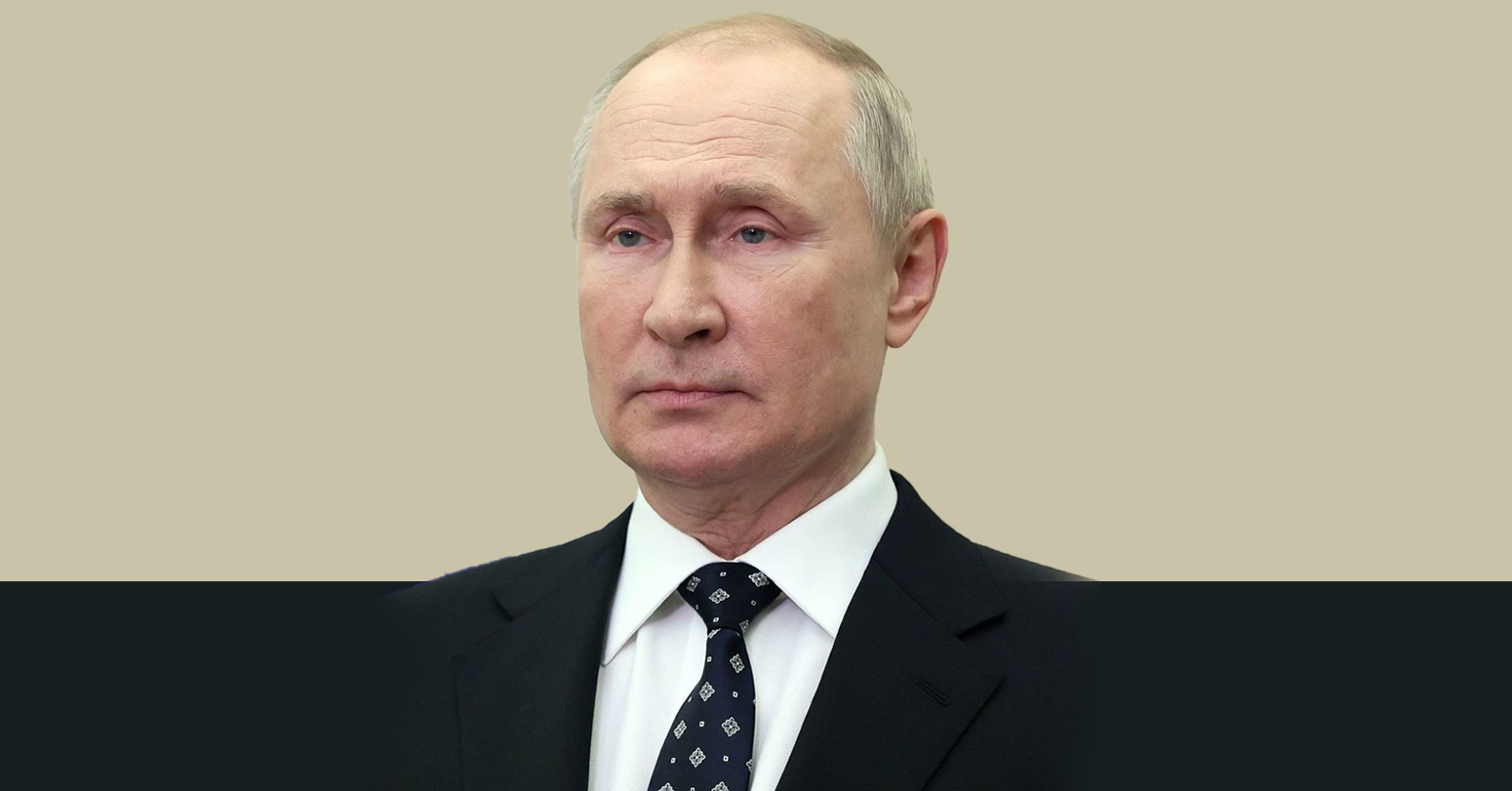
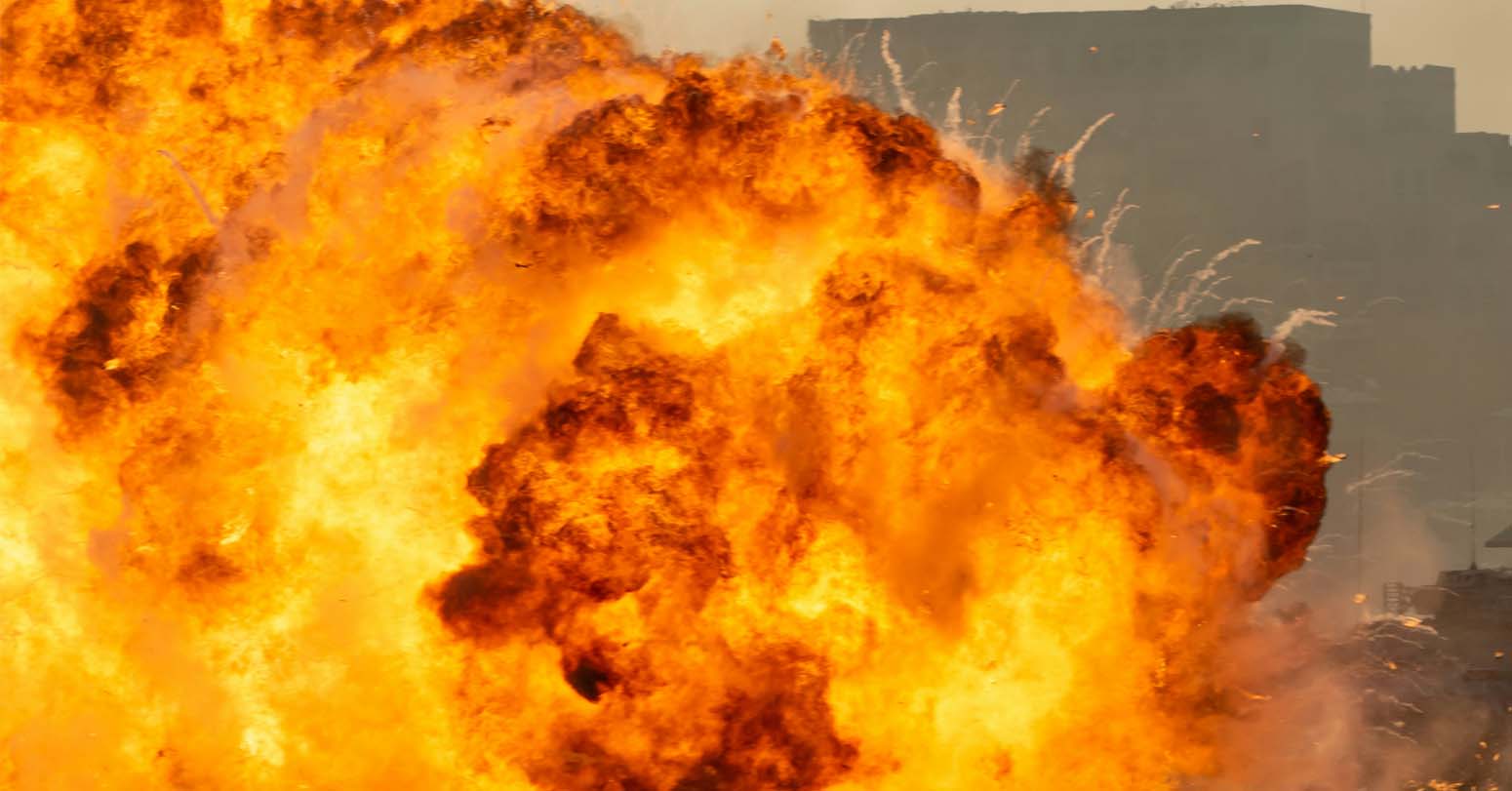
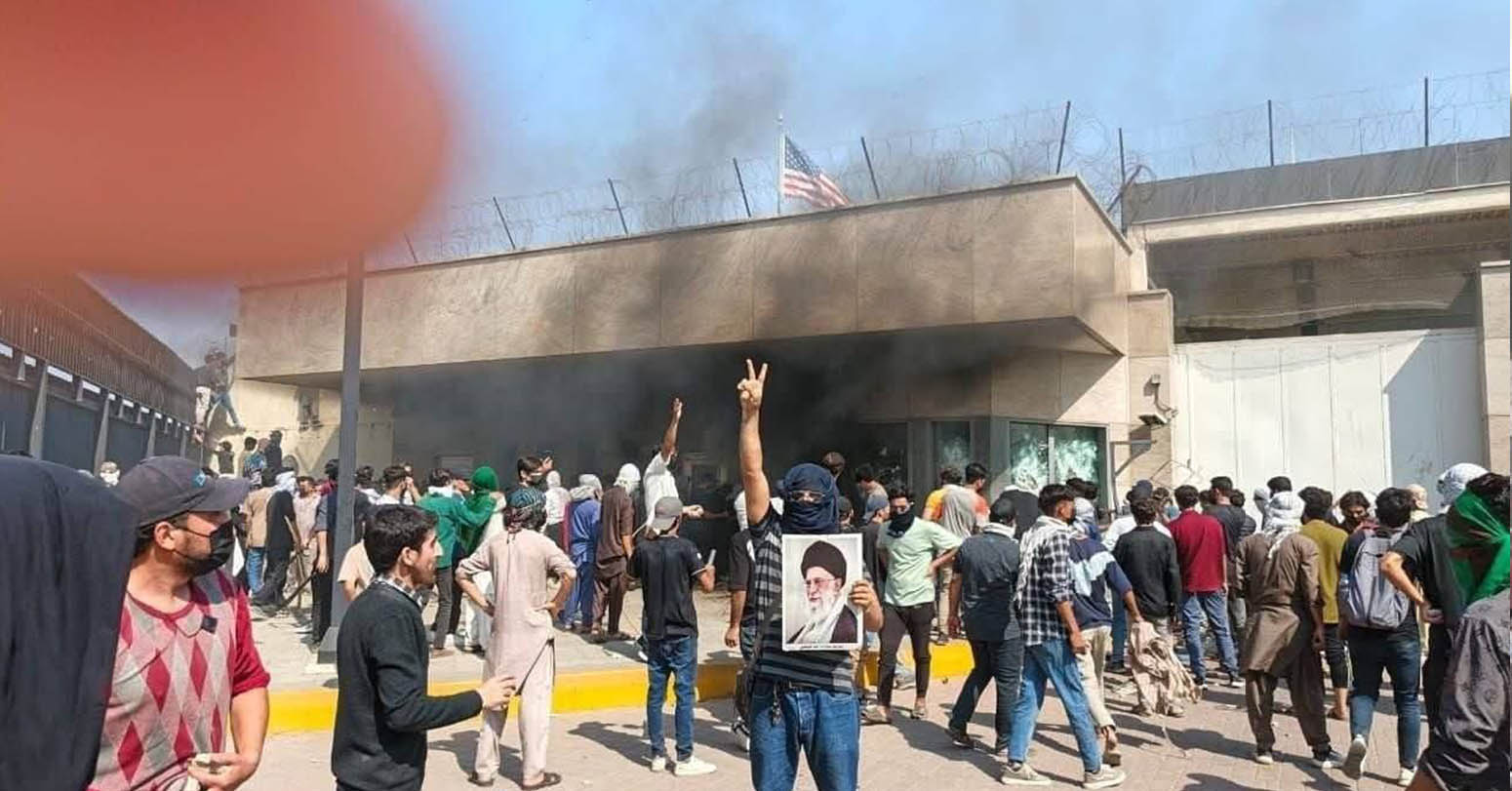
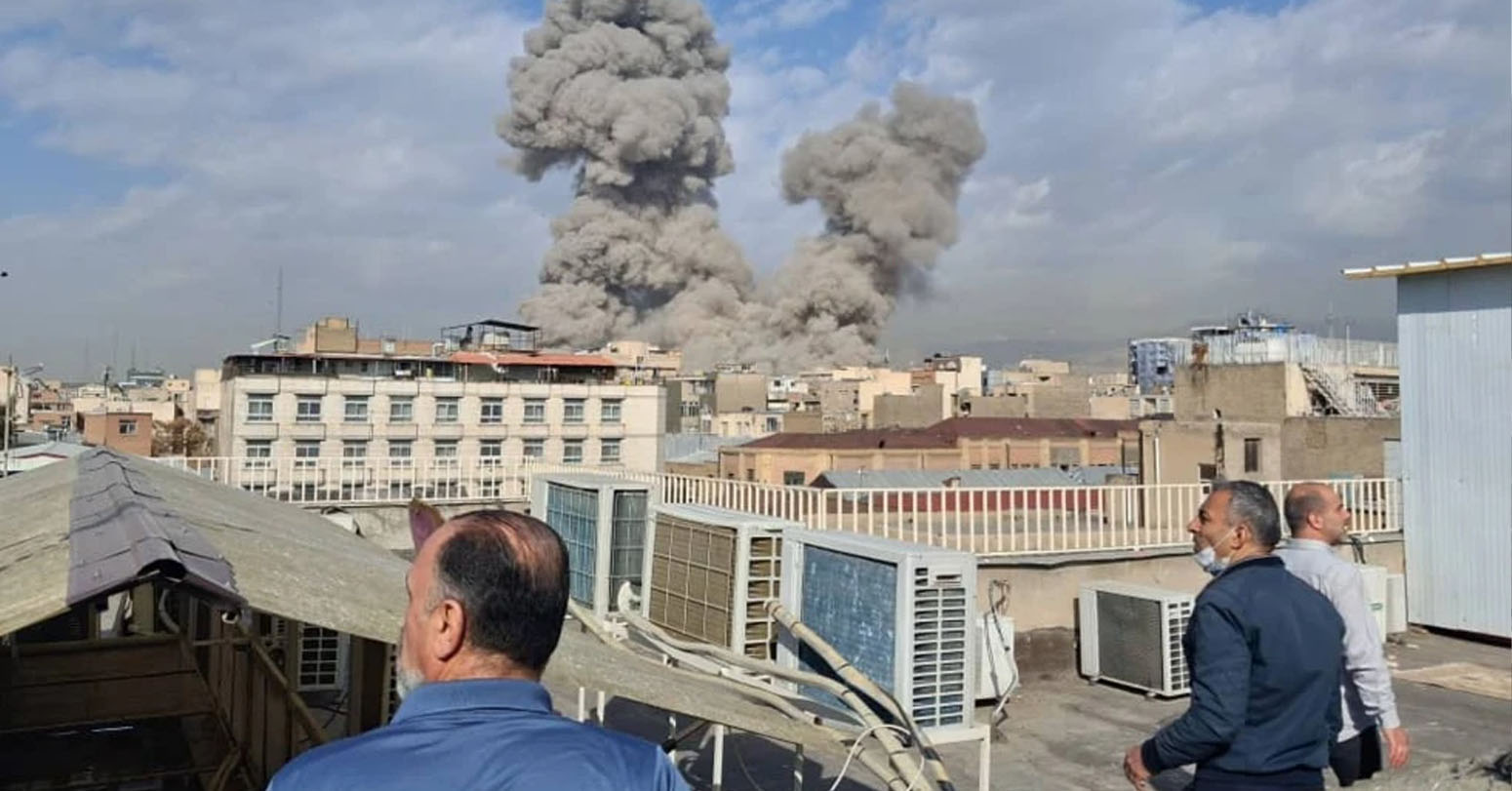
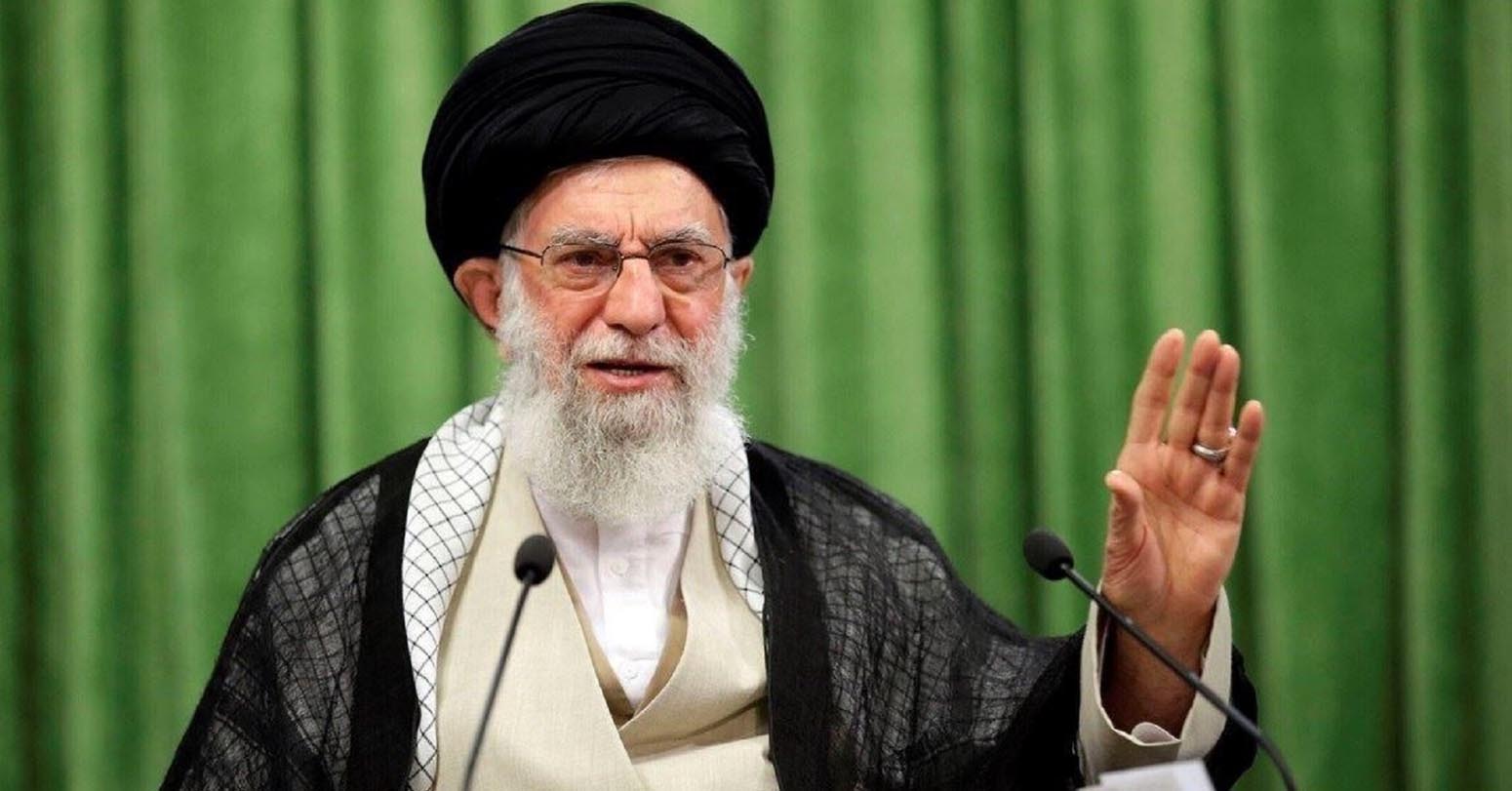
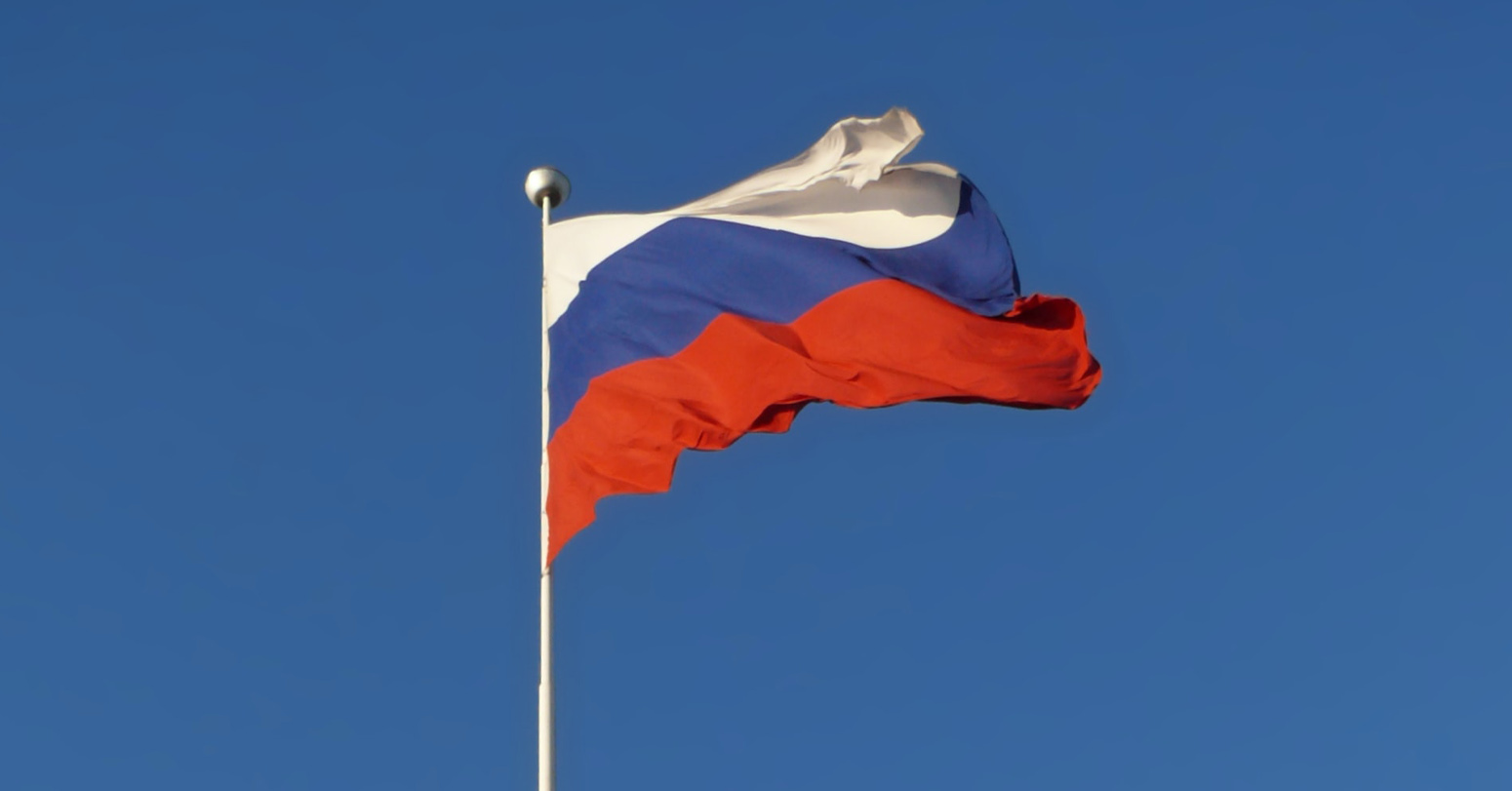

Middle-aged man spends millions to
Dr. Dharam Raj Upadhyay: Man
Children, Greatest Victims Of Sudan’s
Breathing The Unbreathable Air
Comprehensive Data Protection Law Critically
Gender Differences In Mental Healthcare